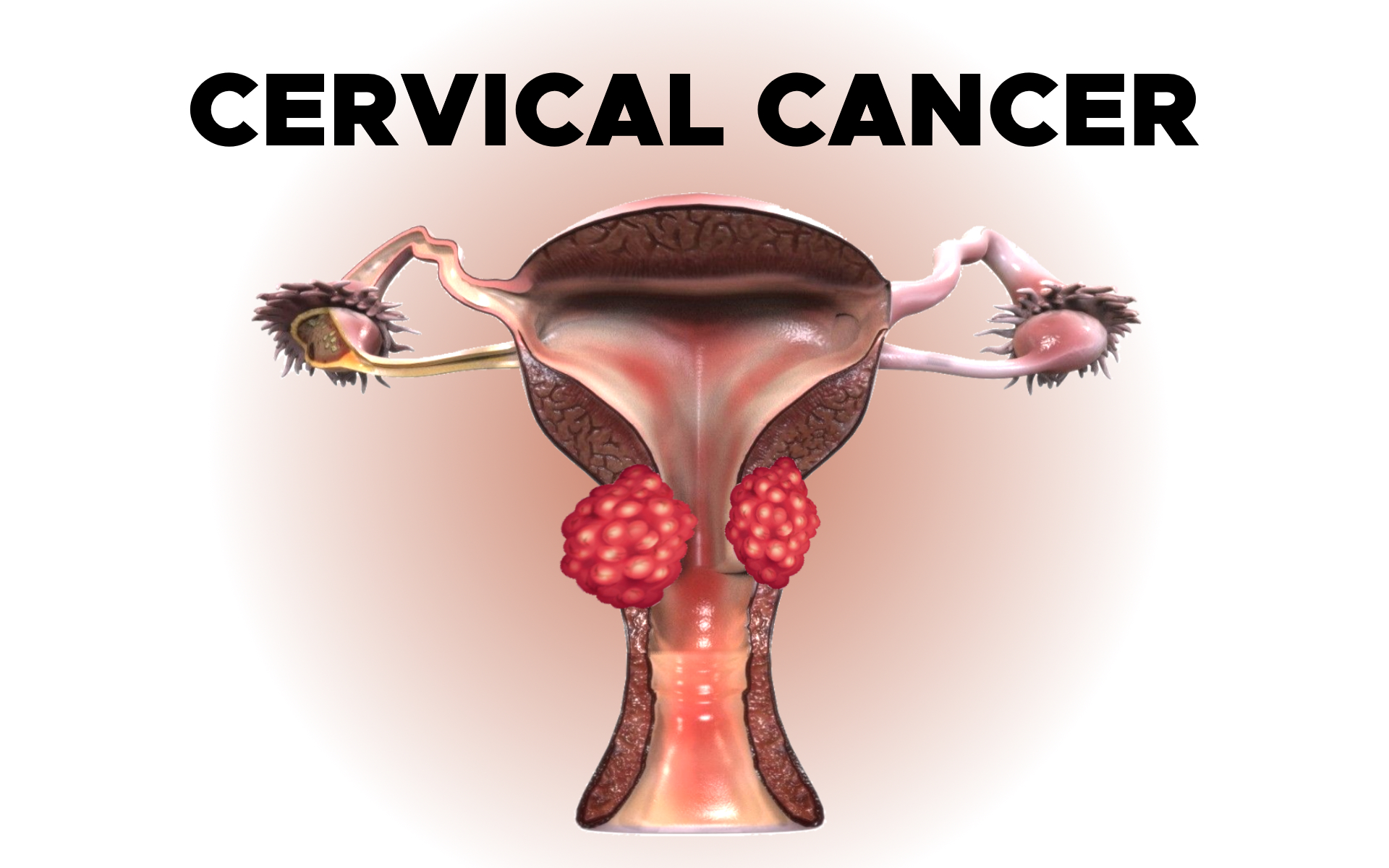
Types of Treatment for Cervical Cancer
This section explains the types of treatments that are the standard of care for cervical cancer. “Standard of care” means the best treatments known.
Clinical trials may also be an option for you, which is something you can discuss with your doctor. A clinical trial is a research study that tests a new approach to treatment.
Treatment overview
In cancer care, different types of doctors often work together to create a patient’s overall treatment plan that combines different types of treatments. This is called a multidisciplinary team.
Cancer care teams include a variety of other health care professionals, such as physician assistants, nurse practitioners, oncology nurses, social workers, pharmacists, counselors, dietitians, and others.
Descriptions of the common types of treatments used for cervical cancer are listed below. Your care plan may also include treatment for symptoms and side effects, an important part of cancer care.
The treatment of cervical cancer depends on several factors, including the type and stage of cancer, possible side effects, and the patient’s preferences and overall health. Take time to learn about all of your treatment options and be sure to ask questions about things that are unclear.
Talk with your doctor about the goals of each treatment and what you can expect while receiving the treatment. These types of talks are called “shared decision making.”
Shared decision making is when you and your doctors work together to choose treatments that fit the goals of your care. Shared decision making is particularly important for cervical cancer because there are different treatment options. Learn more about making treatment decisions.
A diagnosis of cervical cancer can bring concerns about if or how treatment may affect sexual function and ability to have children, called fertility. These topics should be discussed with the health care team before treatment begins.
A woman who is pregnant should talk with their doctor about how treatments could affect both them and the unborn child. Treatment may be able to be delayed until after the baby is born.
